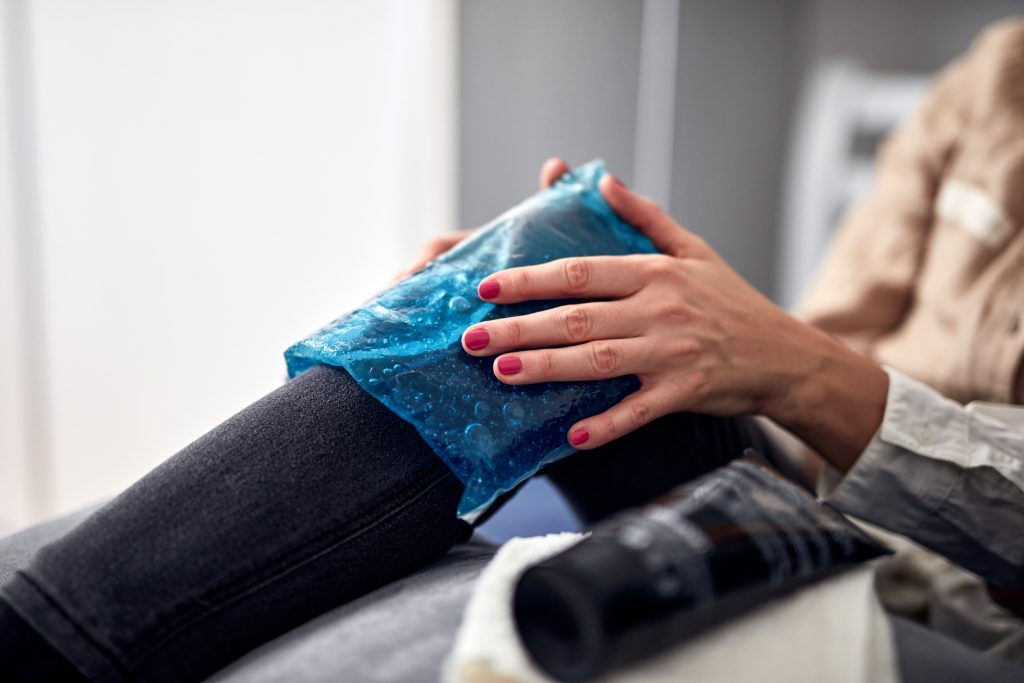We're here to help
If you would like to find out more about Transforming Wound Care
or other work from the Community and Care Home team, please contact us.

Hundreds of thousands of people in the UK experience painful slow-healing lower leg wounds such as ulcers each year.
The AHSN Network Transforming Wound Care programme uses the evidence, learning and recommendations from the National Wound Care Strategy Programme (NWCSP) to help ensure that all patients with lower limb wounds receive evidence-based care.
Providing evidence-based care leads to:
Most wounds to lower limbs heal within a few weeks. Chronic lower limb wounds are those below the knee that are slow or fail to heal. Chronic lower limb wounds account for at least 42 per cent of all wounds in the UK, with leg ulcers being the most common type (32 per cent of the total wound population, compared to 7 per cent pressure ulcers and 8 per cent diabetic foot ulcers). Source: NWCSP.
A large proportion of the total wound care spent is for these chronic lower limb wounds because of their slower healing rates. In 2019, there were an estimated 739,000 leg ulcers in England with estimated associated healthcare costs of £3.1 billion per annum year. Source: NWCSP.
Based on evidence from the National Wound Care Strategy Programme, the prevalence of total leg ulcers is expected to increase by around 4 per cent annually, to over 1 million by 2036 if there is no intervention. This is driven by an increase in leg ulcers that either recur after healing or those that do not heal. (Source: NWCSP).
The Health Innovation Network, the Academic Health Science Network (AHSN) for south London, is supporting two community providers who provide wound care services in south London to transform their wound care pathways and establish dedicated Lower Limb Wound Clinics.
We are delighted to be working with:
The three key elements of the programme are:
Find out more about the national programme.

Source: National Wound Care Strategy Programme: Preventing and Improving Care of Chronic Lower Limb Wounds
If you would like to find out more about Transforming Wound Care
or other work from the Community and Care Home team, please contact us.